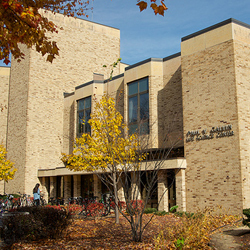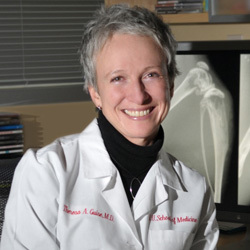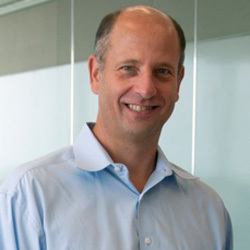
The Department of Biological Sciences will host three endowed lectures in the upcoming weeks featuring leading researchers in cancer and infectious disease.
Lewis Cantley, Ph.D.

Lewis Cantley, the Margaret and Herman Sokol Professor and Director of the Cancer Center at Weill Cornell Medical College/New York Presbyterian Hospital will give two lectures, "Targeting PI3K for Cancer Treatment,” on Monday, February 24 at 4pm in 101 Jordan Hall of Science, and “Cancer Metabolism” on Tuesday, February 25 at 4pm in 283 Galvin Life Science. Cantley’s laboratory discovered the PI 3-Kinase pathway that plays a critical role in insulin signaling and in cancers. Cantley was elected to the American Academy of Arts and Sciences in 1999 and to the National Academy of Sciences in 2001.
Cantley’s lectures are sponsored by the Nieuwland Lecture Series. View the event poster.

Theresa Guise, M.D.
Theresa A. Guise, M.D. will give a lecture on Tuesday, March 4, at 4:00 pm in 283 Galvin Life Science, entitled "Molecular Mechanisms of Cancer-Associated Muscle Dysfunction". Dr. Guise is professor of medicine and Jerry W. and Peg S. Throgmartin Professor of Oncology in the Department of Medicine, Division of Endocrinology at Indiana University School of Medicine. Her research interests include the effect of cancer and cancer treatment on the musculoskeletal system.
Dr. Guise’s lecture is sponsored by Johnson & Johnson Lecture Series. View the event poster.

Scott Hultgren, Ph.D.
The John A. Lynch Lecture Series welcomes Scott Hultgren, Helen L. Stoever Professor of Molecular Microbiology and Director of the Center for Women's Infectious Disease Research at Washington University School of Medicine. The lecture will take place on Tuesday, March 18, at 4:00 pm in 283 Galvin Life Science. Hultgren’s research utilizes genetic, molecular, biochemical, and structural biology to understand the molecular mechanisms behind bacterial pathogenesis.